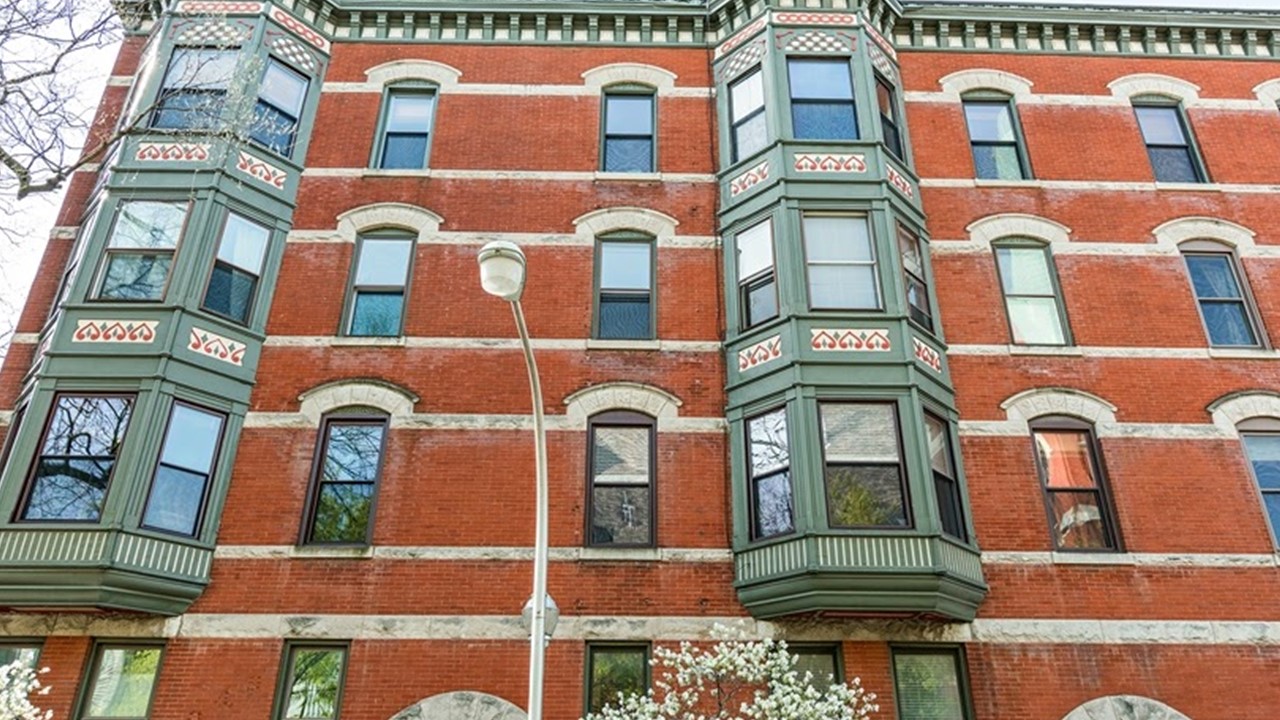An Association’s Right to Access Units to Fix Common Elements Under Illinois Law

What happens when the Association needs to enter an owner’s unit to address an issue with a common element? Can the owner deny the Association access to their unit and prevent the Association from performing the necessary maintenance, repair, or replacement of the common element?
This is a scenario that many Associations face. Therefore, it is important that an Association has knowledge of its rights under Illinois law and is able to address the situation properly.
What Are Common Elements?
Common elements are all portions of the property other than units, including the limited common elements.
Typically, the common elements that may need to be accessed through a unit are those found on the exterior of the unit, such as walls, roofs, balconies, patios, and terraces. Specific information about which portions of the property constitute common elements and are the responsibility of the Association will be found in the Association’s governing documents (the Declaration, Bylaws, and Rules and Regulations).
What Rights Does An Association Have?
Under Section 18.4 of the Illinois Condominium Property Act (“CPA”), an Association is permitted to enter a unit to perform necessary maintenance, repair, or replacement of the common elements. The CPA also allows Associations to access an owner’s unit to perform emergency repairs necessary to prevent damage to the common elements or to other units. These rights apply to all Associations subject to the CPA.
The Illinois Common Interest Community Association Act (“CICAA”) does not contain a provision that specifically grants an Association the right to enter a unit to address issues with the common elements. However, the Boards of such Associations have fiduciary duties to owners, which may allow them to access an Owner’s unit to make necessary emergency repairs when damage to common elements or other units is imminent.
What type of Notice is required?
Unless it’s an emergency, the Association must typically:
- Provide reasonable notice (often 24–48 hours); and
- Communicate the reason for access to the unit owner; and
- Coordinate with the unit owner if possible.
If there is an emergency (such as a burst pipe or fire risk), the Association can enter without notice to prevent damage or danger.
Other Takeaways?
The unit owner must allow access when required. A unit owner’s refusal may lead to fines or other legal action, including the Association obtaining a court order to obtain access.
The Association must repair any damage caused to the unit as a result of accessing it to repair a common element.
All Associations, whether subject to CPA or CICAA, are encouraged to include a provision in their Rules and Regulations that explicitly grants them the right to enter a unit when maintenance, repair, and replacement of the common elements are necessary or required by the presence of an emergency.
About the Authors
Dominika Kozanecka

Dominika Kozanecka is a law clerk working in the Condominium & Common Interest Community Association Practice Group. Dominika is a recent J.D. graduate from the University of Illinois Chicago School of Law taking the Illinois Bar Exam in July 2025.
Kathryn A. Formeller

Kathryn A. Formeller is a partner and Co-Chair of the Condominium & Common Interest Community Association Law practice. Her practice includes representing condominium associations and common interest community associations in a variety of areas, including rule enforcement, interpretation of governing documents, review and negotiation of contracts, and collection of assessments. Kat also practices in the areas of insurance coverage analysis and litigation. Her insurance coverage and litigation practice primarily focuses on directors and officers liability, EPL, professional liability and fiduciary liability matters.
